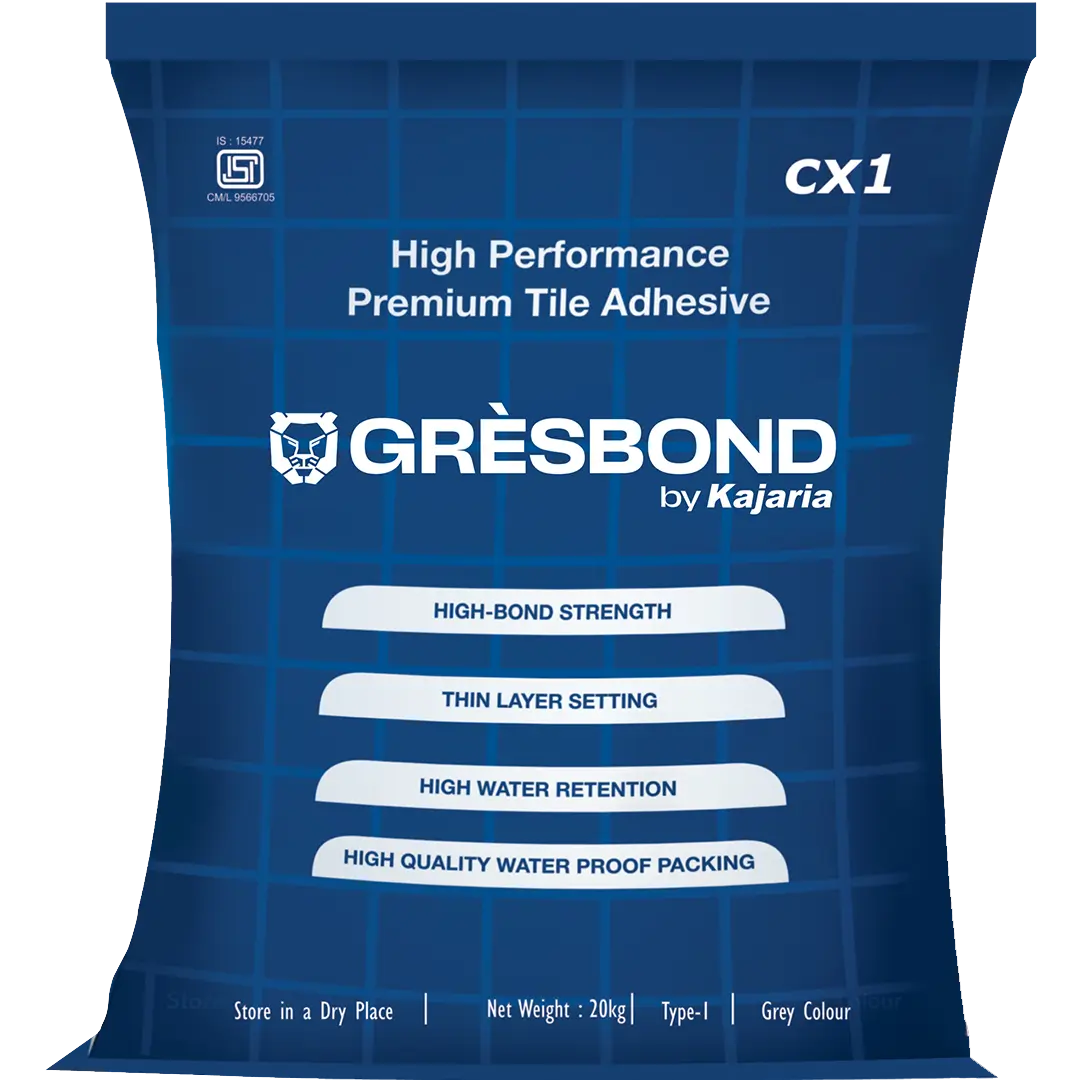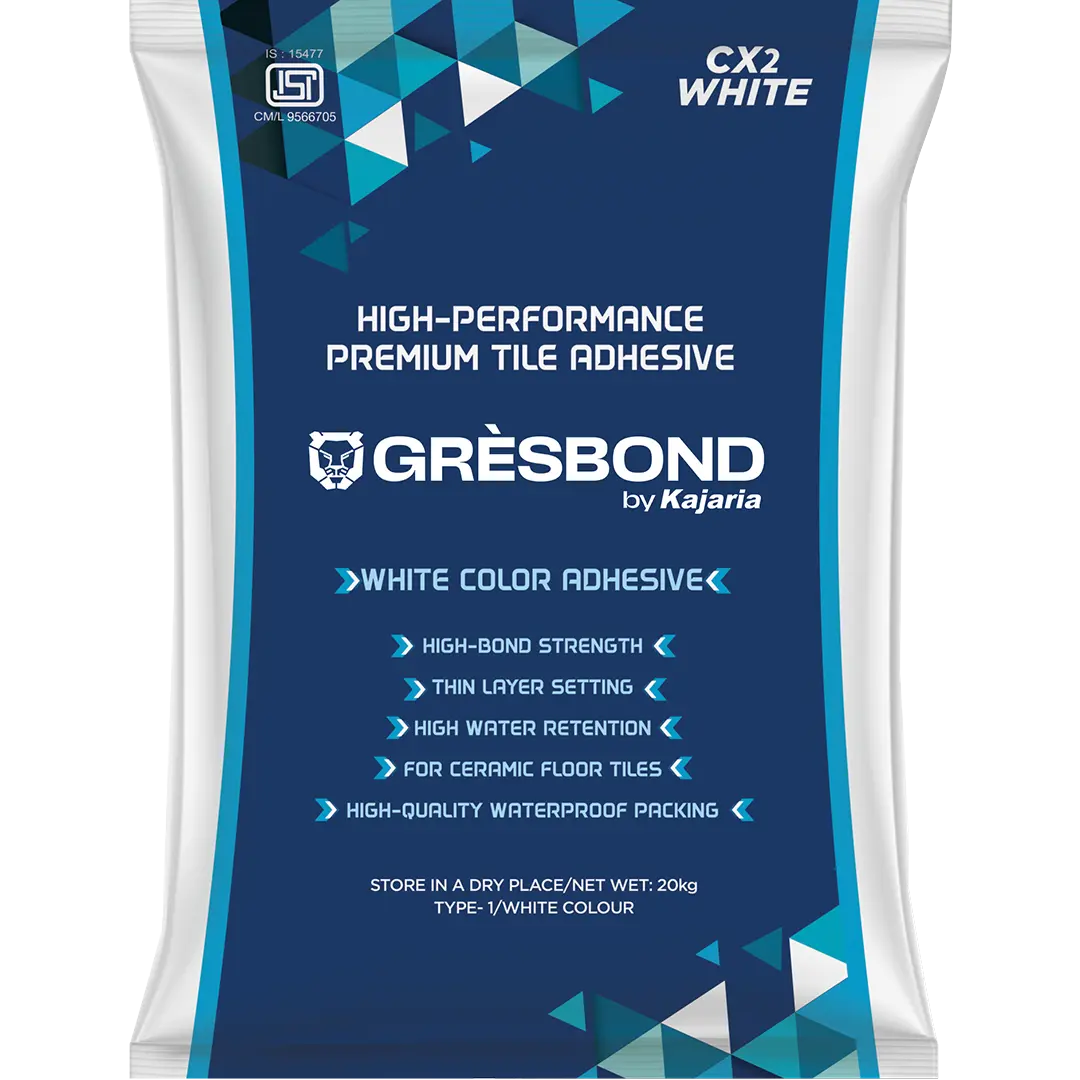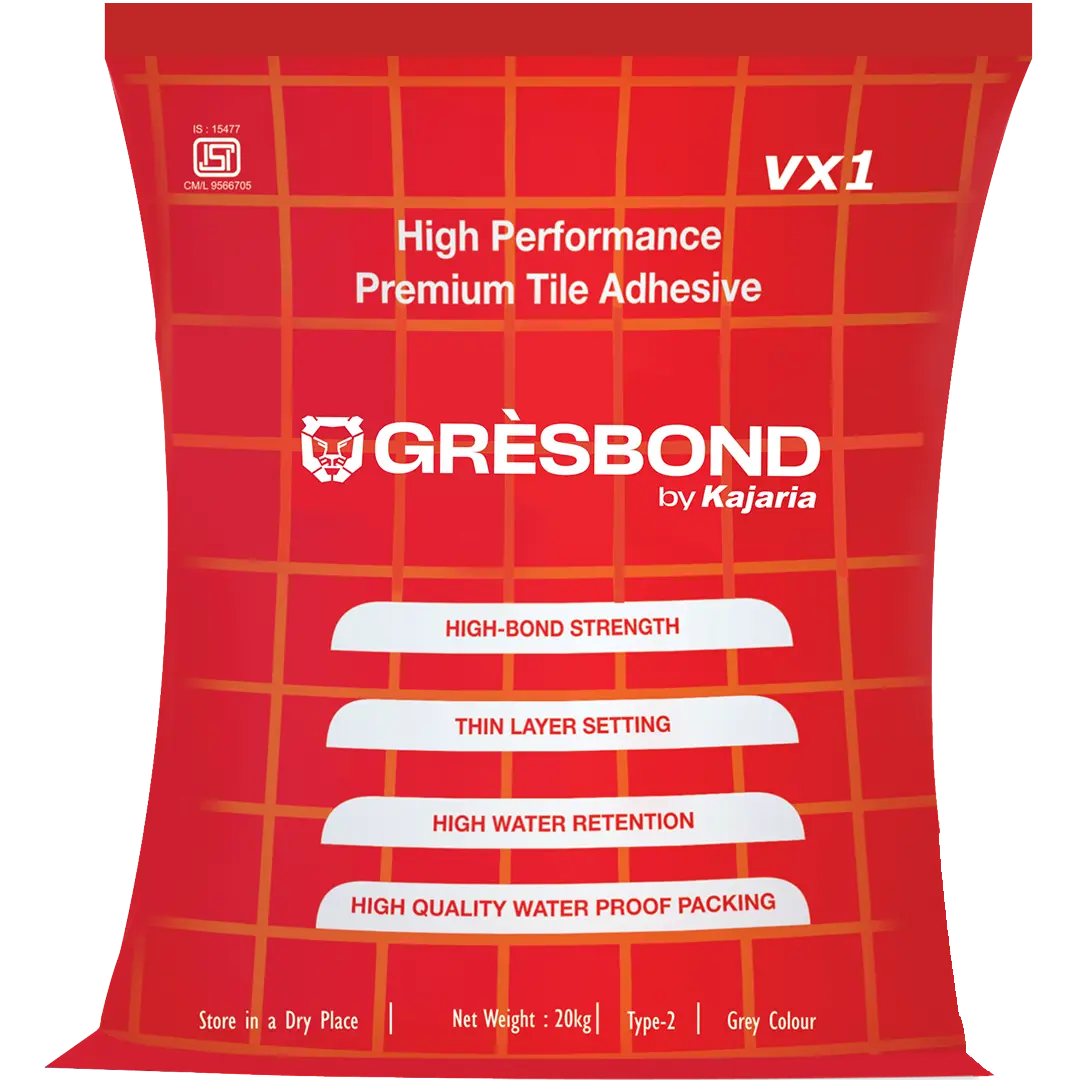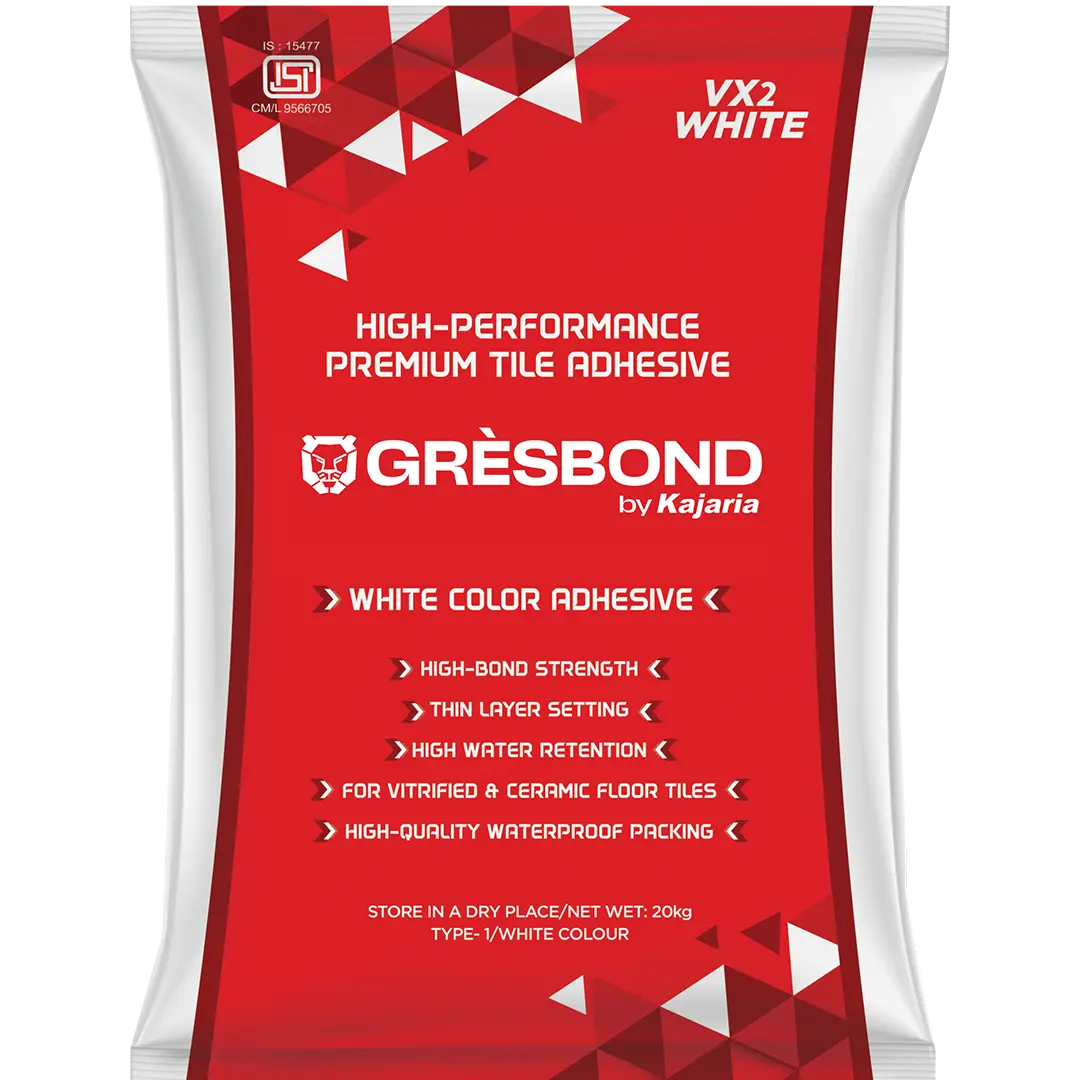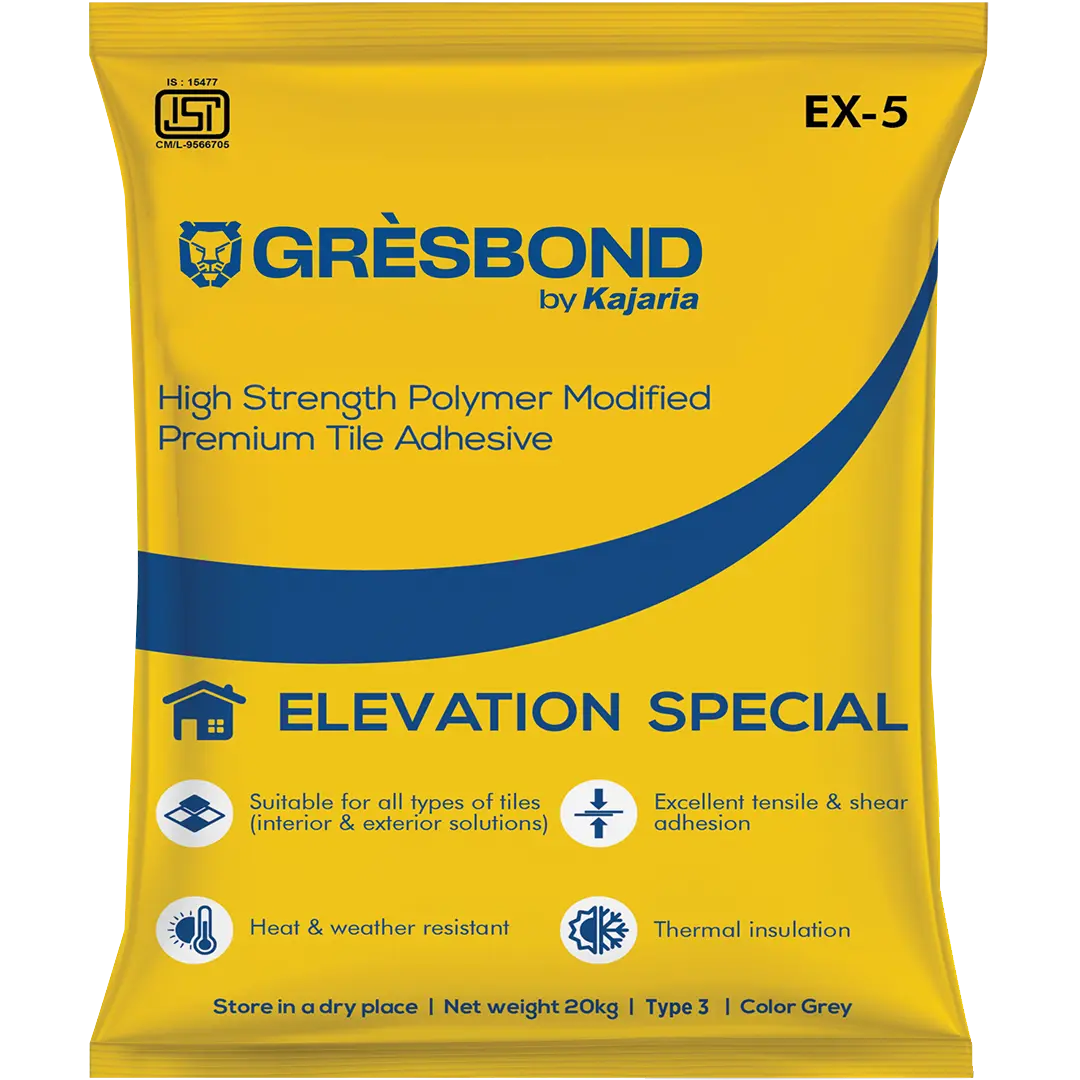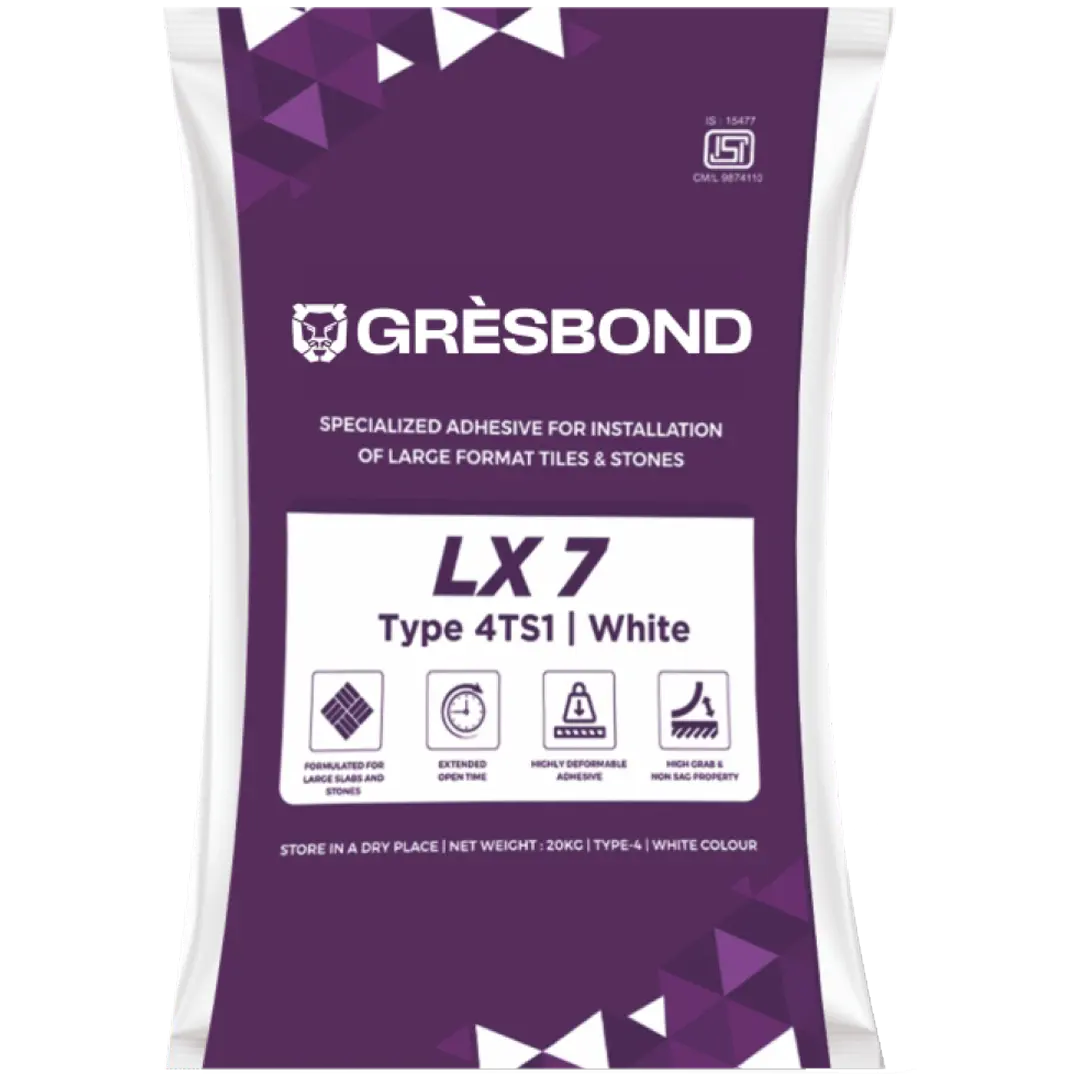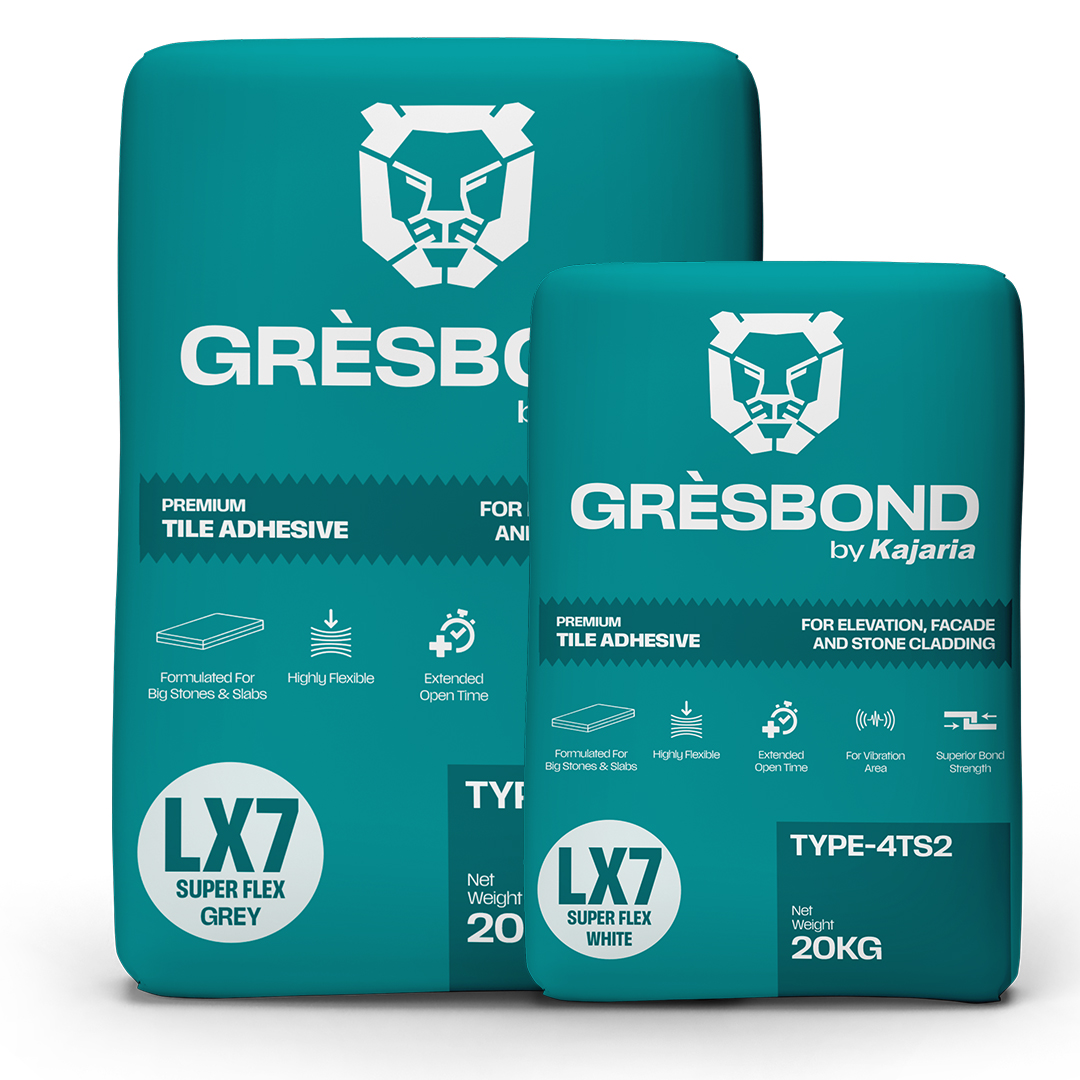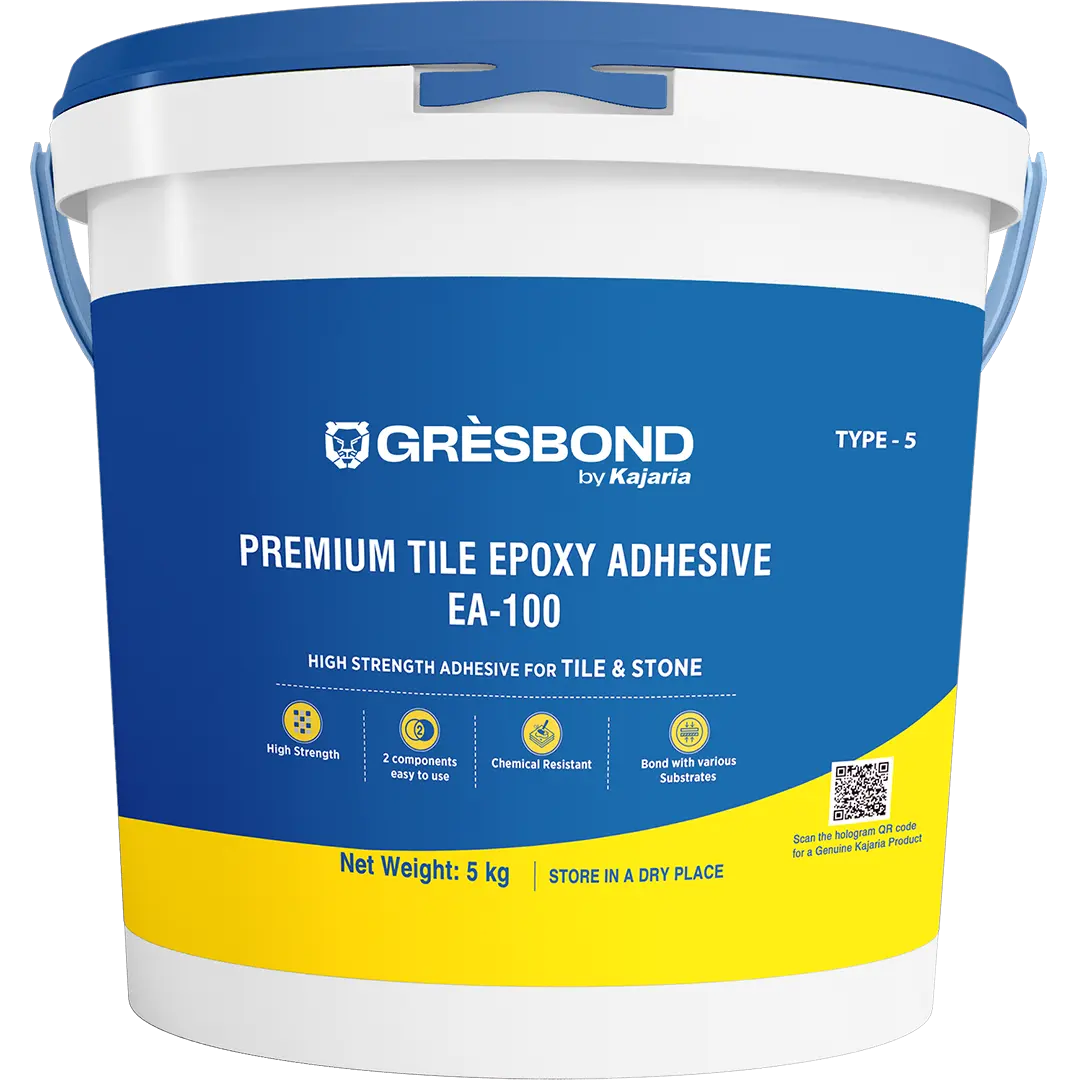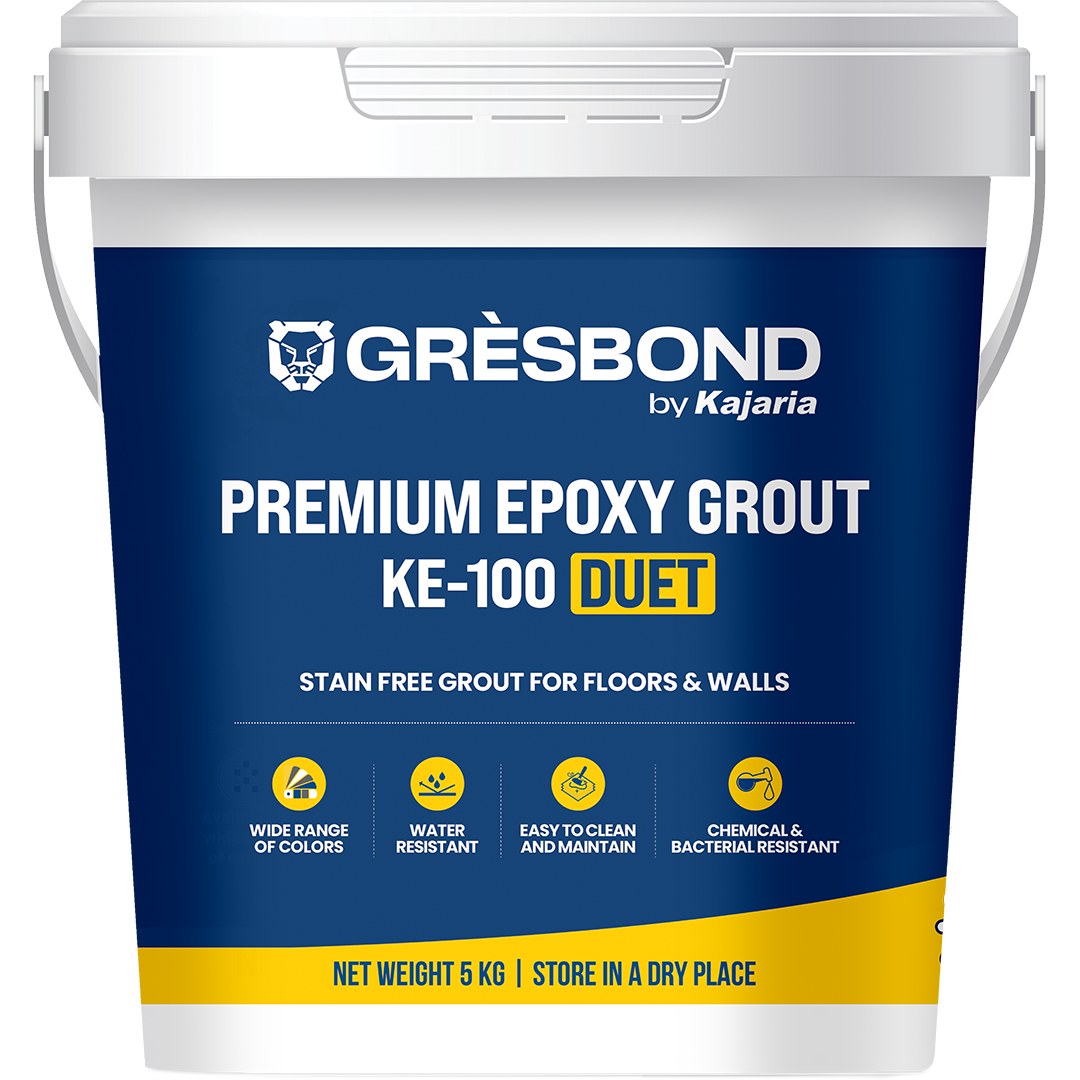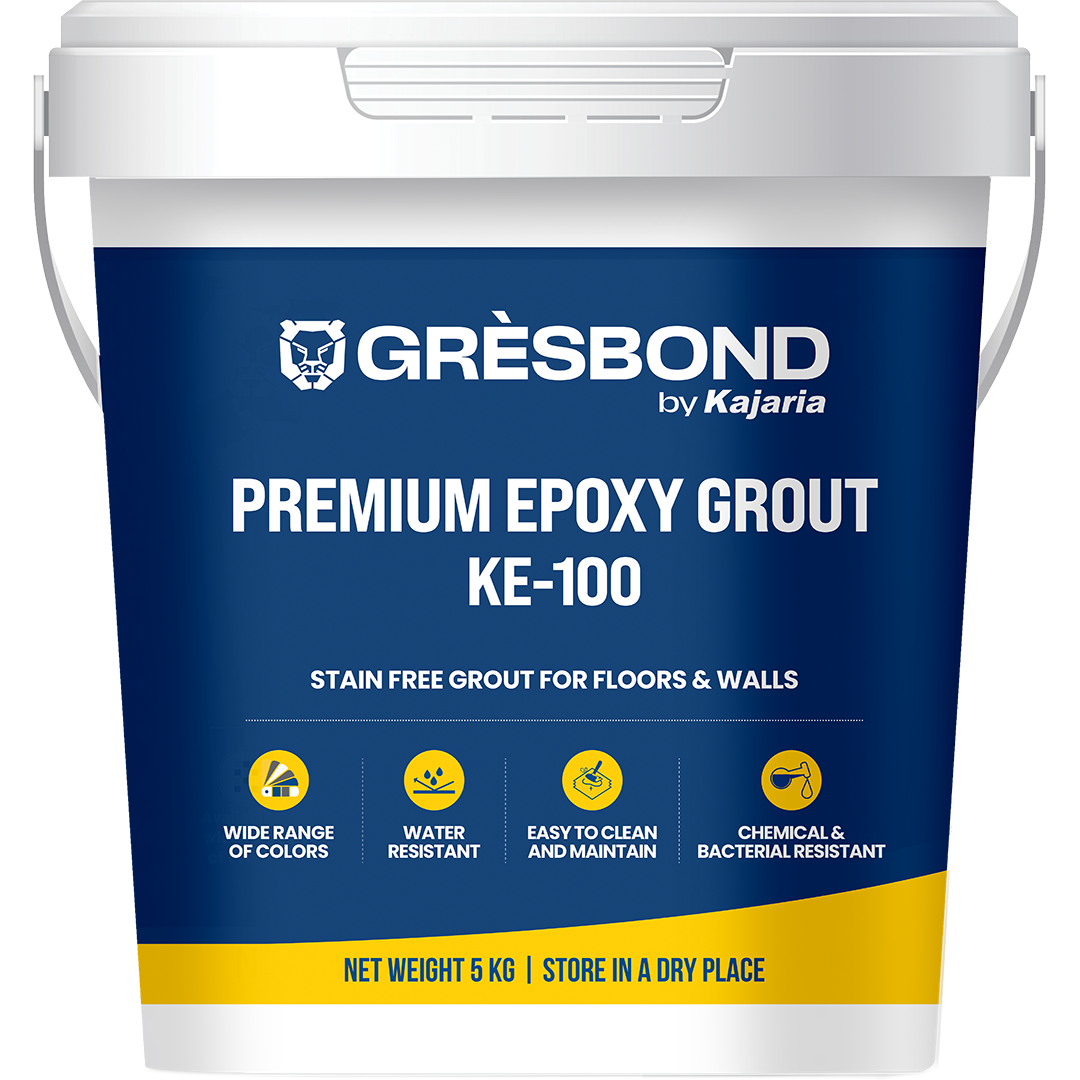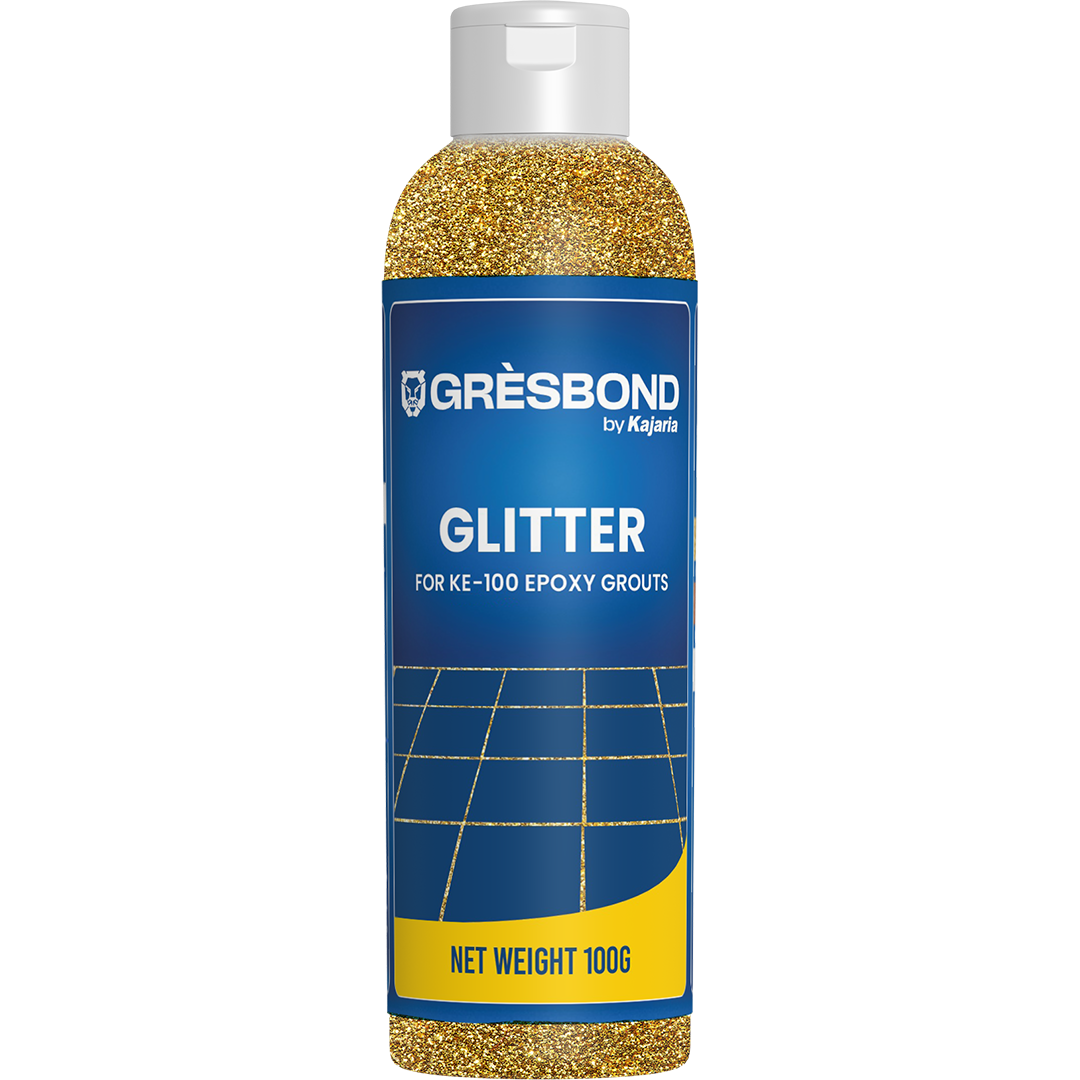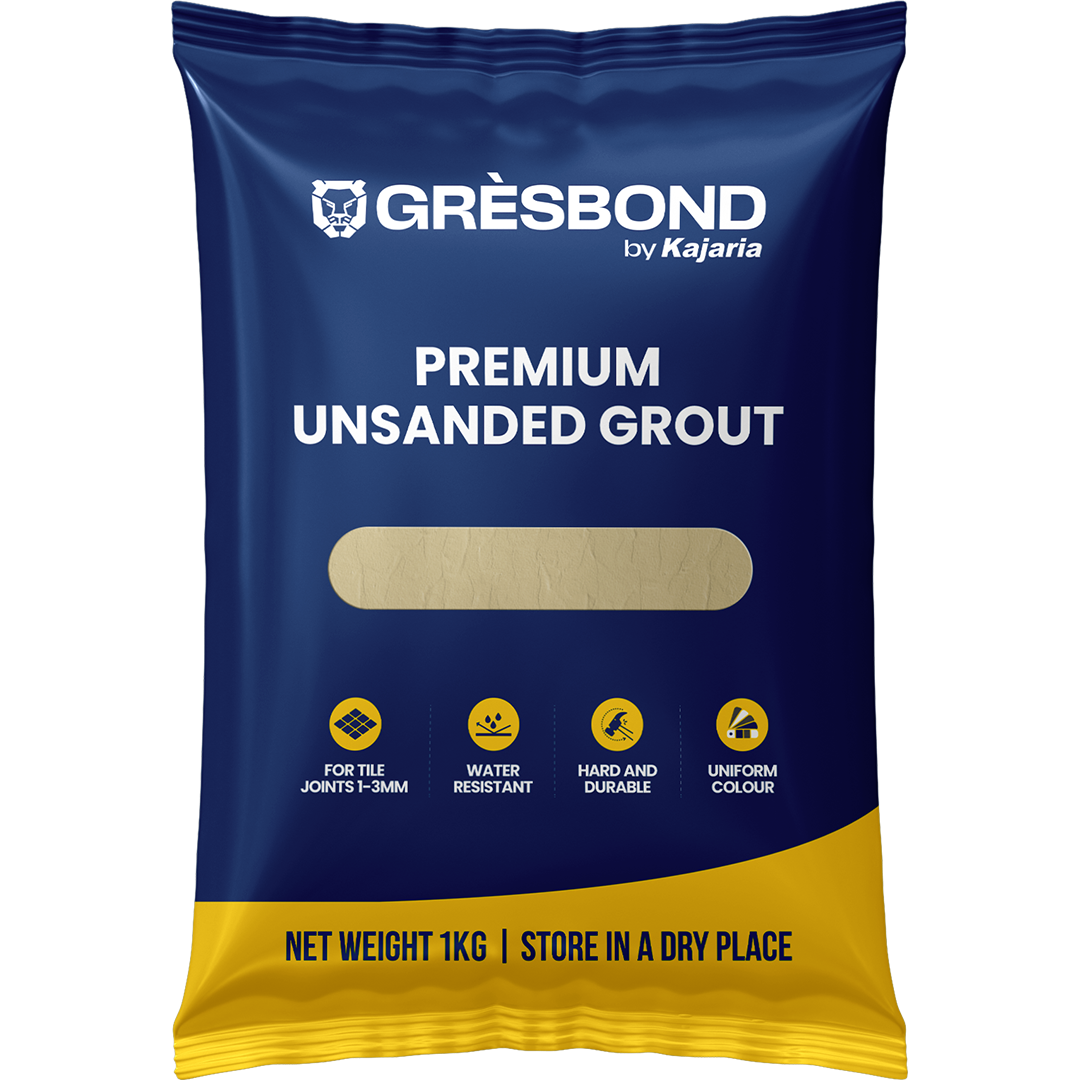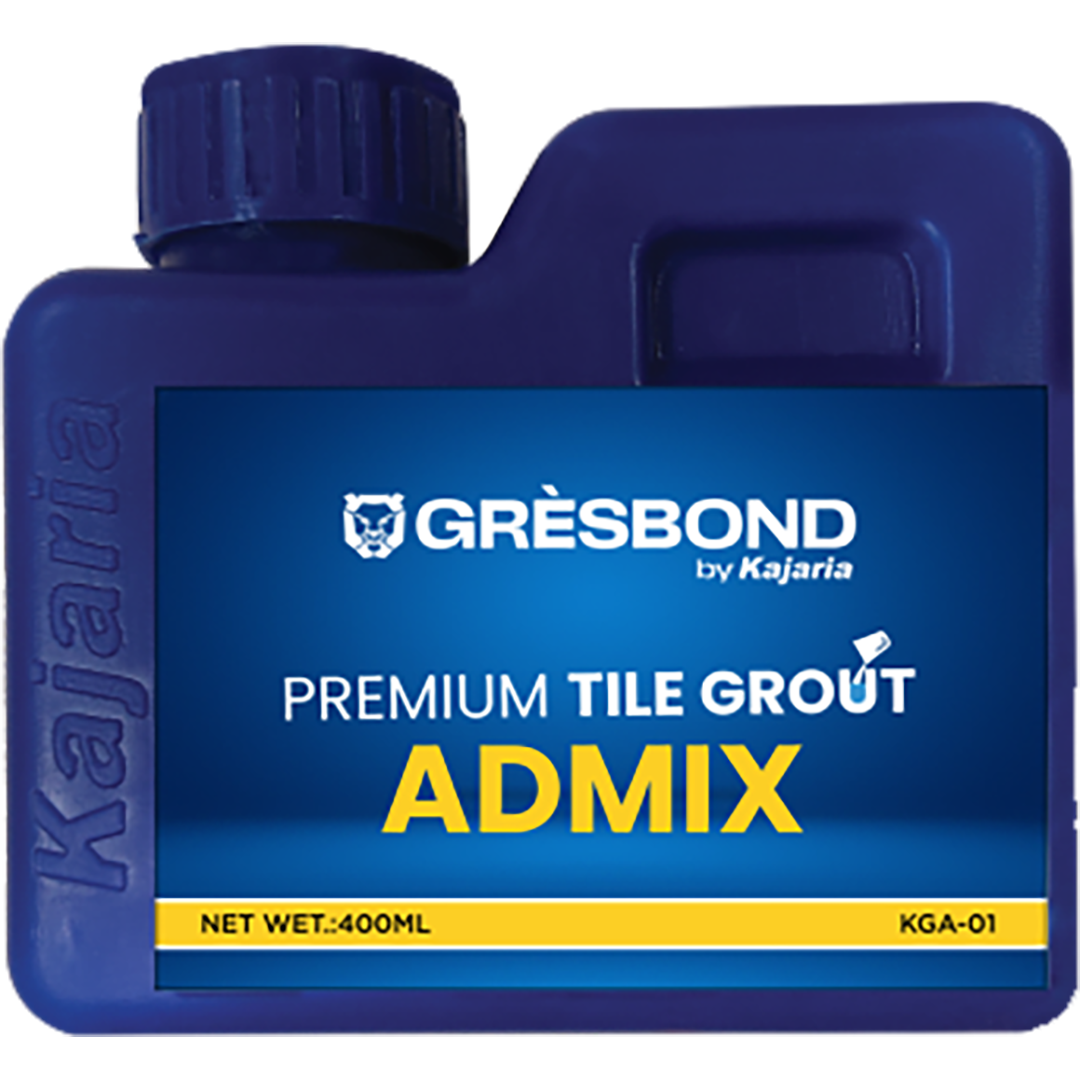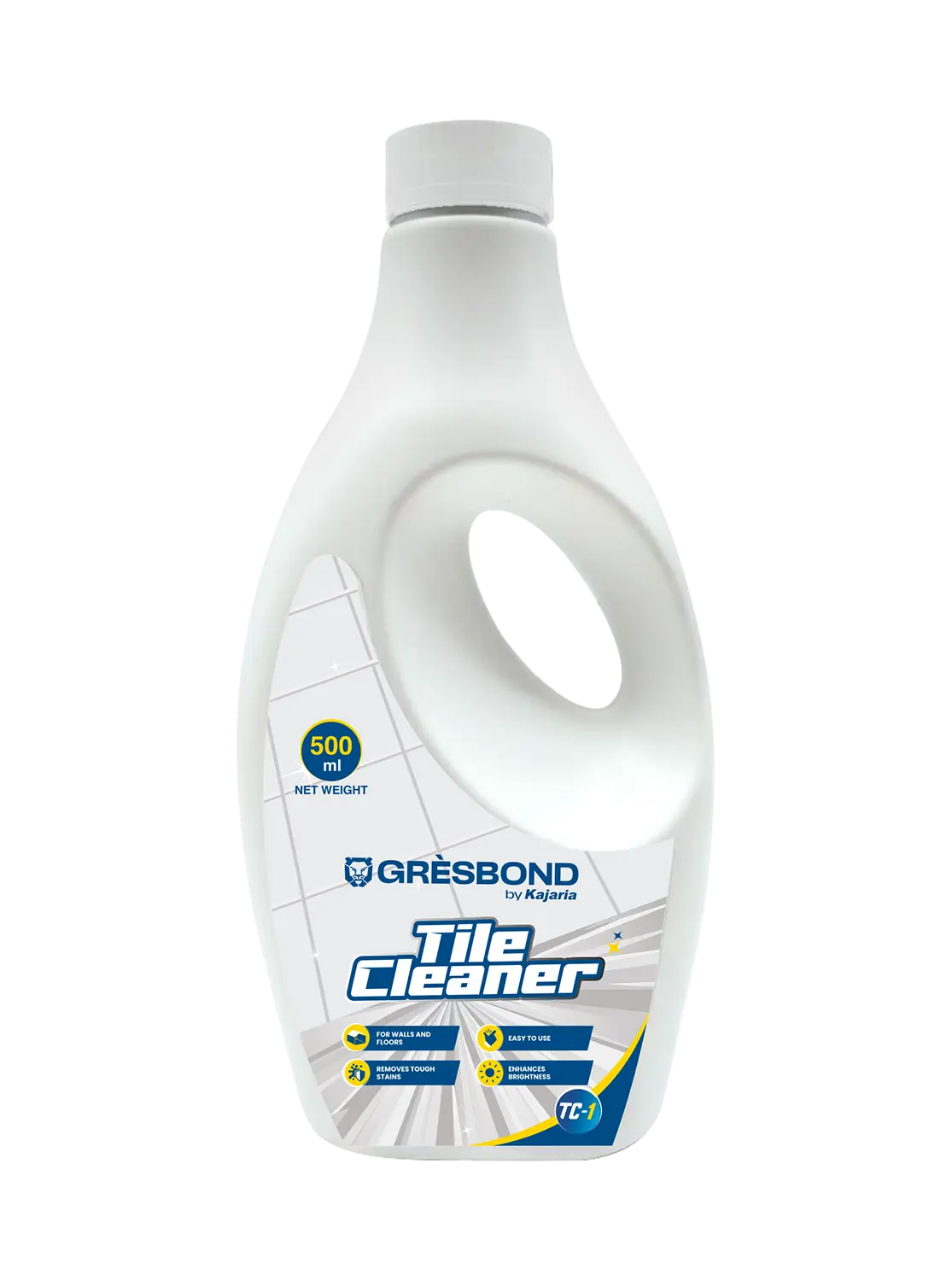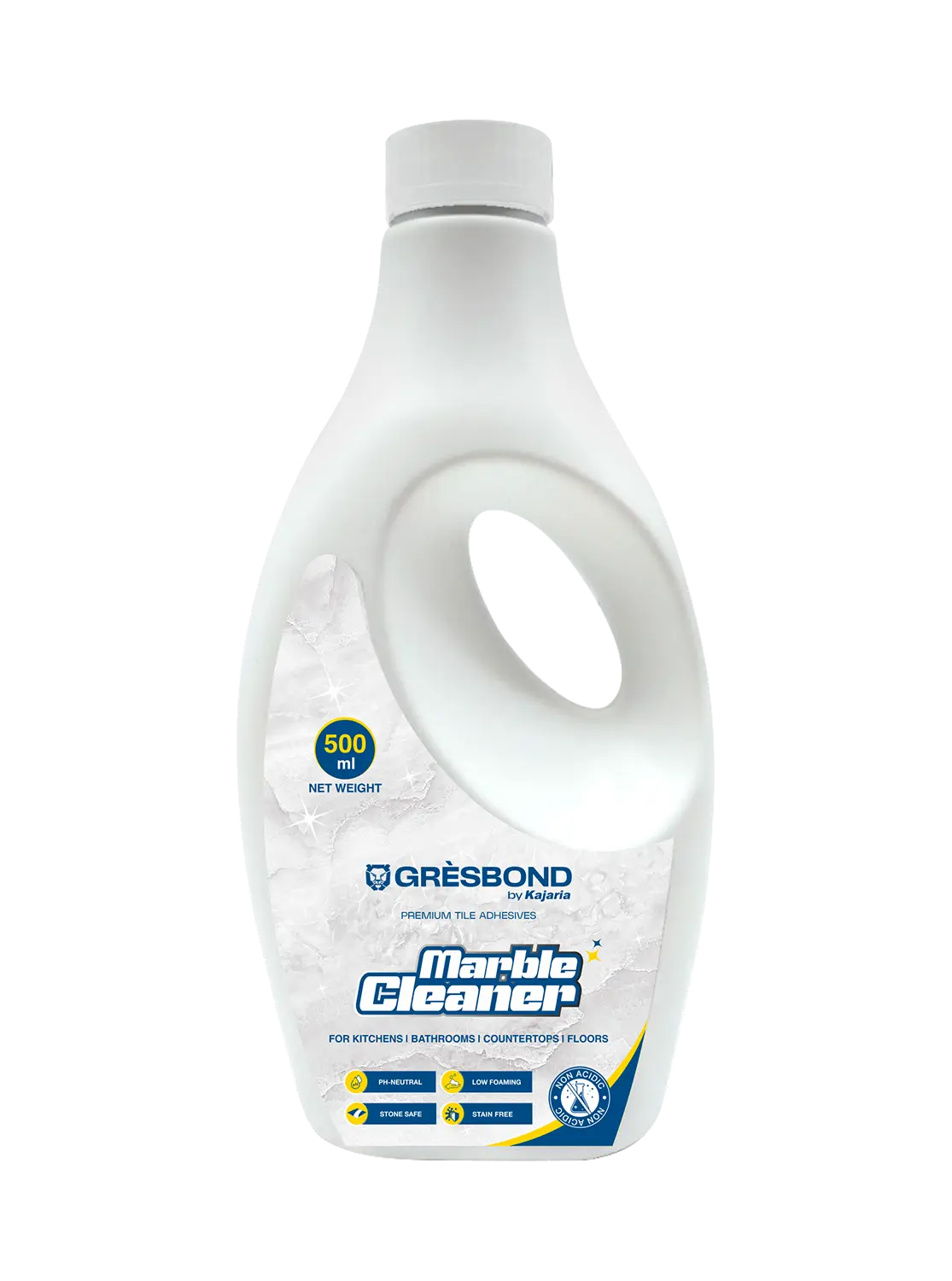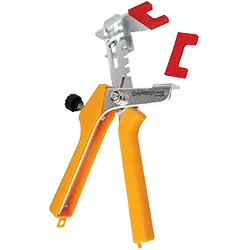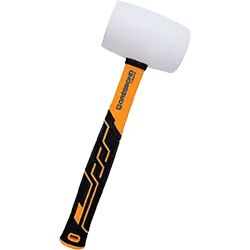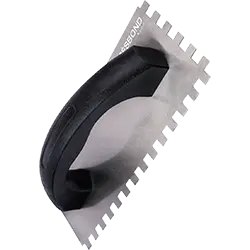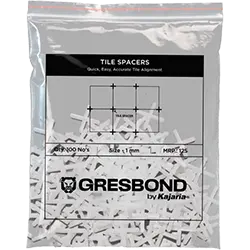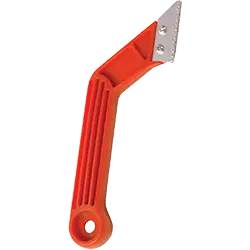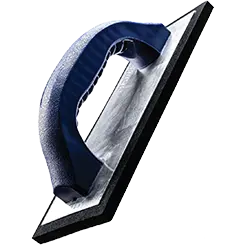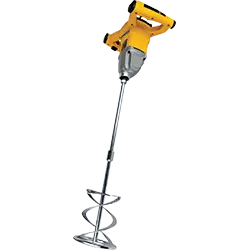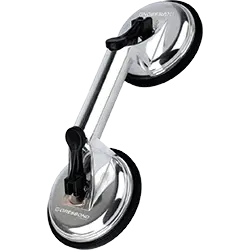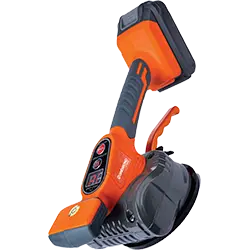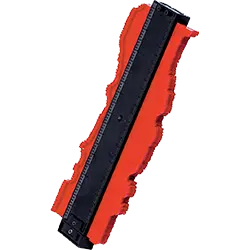Choose the Right Tile Adhesive for Your Project
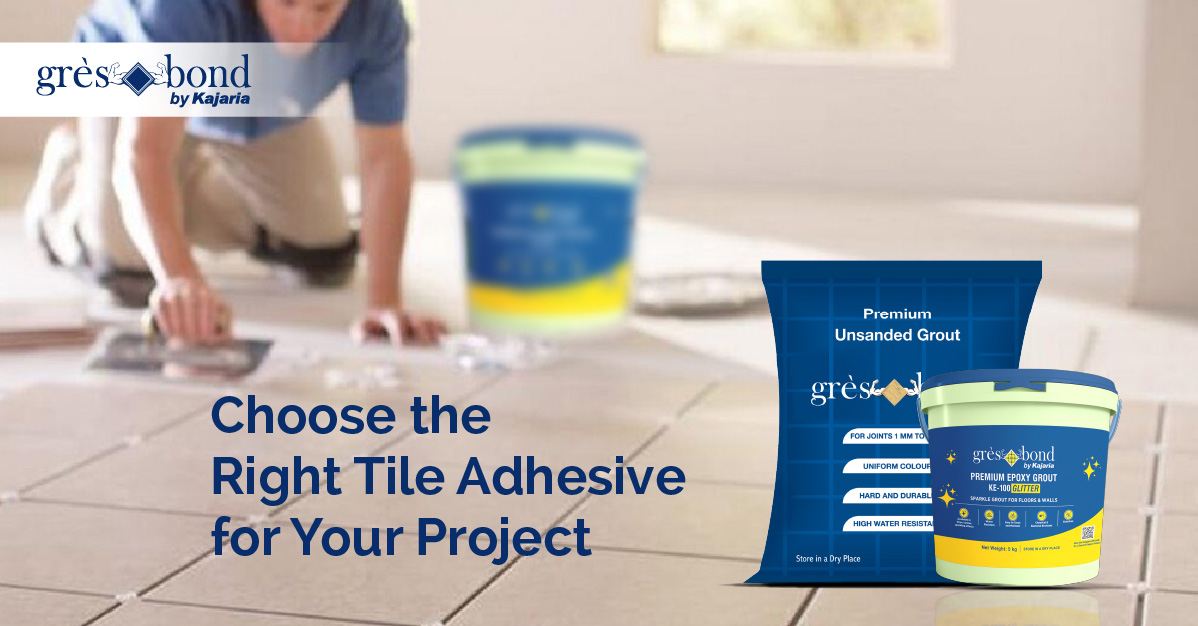
18
jun 2024
Choose the Right Tile Adhesive for Your Project
Choosing the suitable tile adhesive is crucial for ensuring a durable and aesthetically pleasing installation, whether for walls or floors, residential or commercial projects. Adhesive plays a vital role in construction and manufacturing by providing a secure and long-lasting bond between the tile and the substrate, preventing issues like hollow spaces and tile damage. With numerous options available, it's essential to consider factors such as the type of tile, substrate, and installation location. Reputable brands offer quality adhesives that ensure strong bonding, ease of application, and longevity, contributing to the success of your tiling project. Understanding these elements is vital for achieving the best results in your tiling endeavors.
What is Tile Adhesive?

Tile adhesive is a compound used to bond tiles to surfaces like walls and floors. Available in pastes and powders, it is specially formulated to create a consistent paste when mixed with water or latex additives. Made from Ordinary Portland Cement (OPC), fine sand, and additives, this high-performance adhesive allows tiles to be laid on existing tiles, polished cement, and primed wooden substrates, ensuring a trouble-free installation on various surfaces.
Advantages:
- Strong Bonding: Ensures tiles stay in place long, preventing cracks and loosening.
- Ease of Use: Simple to mix and apply, making the installation process faster and more efficient.
- Versatility: It suits various tiles, including ceramic, porcelain, stone, metal, and glass.
- Efficiency: Faster setting times compared to traditional methods like cement mortar.
Disadvantages:
- Specificity: Different tile types require different adhesives, confusing beginners.
- Environmental Concerns: Some adhesives contain volatile organic compounds (VOCs) that harm health and the environment.
- Cost: High-quality adhesives can be more expensive upfront, though they offer better long-term value.
Things to Consider When Choosing the Perfect Tile Adhesive for Residential & Commercial Projects

Understanding the Needs: Identify your project's specific requirements, including the type of tiles and the environment they will be used in. This will ensure that you select an adhesive that meets all necessary criteria.
- Types of Tiles: Different adhesives are suited for different types of tiles. For example:
Ceramic Tiles: Generally work with most multi purpose adhesives.
Porcelain Tiles: Require stronger adhesives due to their low absorption rate and high density.
- Glass and Mosaic Tiles: White cement adhesives are preferred for their aesthetic and easy cleaning properties.
- Natural Stone: Needs specific adhesives to handle the weight and porosity.
- Types of Adhesive:
Cement-Based: Common and versatile for various applications, providing a solid bond for ceramic and porcelain tiles.
Water-Based Dispersion: Easy to apply and clean, suitable for interior walls and lighter tiles.
Polyurethane-Based: Flexible and ideal for areas with movement or vibration, such as wooden subfloors.
Epoxy-Based:Extremely durable and chemical resistant, suitable for industrial use and high-moisture areas.
- Tile Adhesive Mats: Pre-cut mats for easy and quick installation, ideal for DIY projects and small areas.
- Substrate or Surface:
The adhesive must be compatible with the substrate. For instance:
Concrete: Cement-based adhesives work well due to their strong bonding properties.
- Wooden Subfloors: Require flexible adhesives to accommodate movement and prevent cracking.
- Color: Choose an adhesive color that complements or contrasts with your tile. Darker adhesives are suitable for hiding smears and wear, especially in kitchens and bathrooms.
- Cost: While budget is essential, opting for the cheapest option may be wise. High-quality adhesives, though more expensive, offer better performance and durability, reducing the need for future repairs.
- Fixing Time: Consider the adhesive's setting time. Quick-setting adhesives are ideal for projects on tight schedules, while slower-setting adhesives allow more time for adjustments during installation.
- Location: Different areas require specific adhesives. For example, waterproof adhesives are essential for bathrooms and kitchens to prevent water damage.
- VOC: Low-VOC adhesives are preferable for indoor use to minimize health risks and environmental impact. Look for GreenGuard-certified products that ensure reduced VOC emissions.
- Right Brands:Choosing reputable brands ensures quality and reliability. Brands like Gresbond by Kajaria offer high-quality adhesives for different tile types and applications.
- Seek Professional Advice: Consulting with professionals can help you choose your project's best products and techniques. They can also provide insights into the best products and strategies for your needs.
- Waterproofing Qualities: For areas exposed to moisture, such as bathrooms, choose adhesives with waterproof properties to prevent tile lifting and damage.
Finding the Right Adhesive for the Right Application

Choosing which is the best adhesive for which application for walls, floors, kitchens, bedrooms, bathrooms, living rooms, residential or commercial, indoor or outdoors, and personal or professional uses; we need to choose the tile adhesive that must have all the qualities of a premium tile adhesive which Gresbond offers.
Explore the range of tile adhesives from Gresbond by Kajaria to find the perfect match for your project:
- CX1 is ideal for interior floor and wall tiles, providing strong bonding and easy application. It is suitable for ceramic and porcelain tiles, ensuring a long-lasting hold.
- CX2 is white Tile adhesive Suitable for larger tiles and high-traffic areas, ensuring robust bonding and durability. This adhesive is designed to handle large-format tiles' additional weight and stress.
- VX1 is perfect for vertical applications, offering excellent slip resistance and adhesion. It is ideal for wall tiles in both residential and commercial spaces.
- VX2 Enhance bonding for large format tiles on walls and floors. It provides the strength needed to support heavy tiles without sagging.
- EX5 is a high-performance adhesive for exterior applications resistant to harsh weather conditions. It ensures that outdoor tiles remain securely bonded despite exposure to the elements.
- EA 100 is an epoxy-based adhesive for industrial and commercial use. It offers superior chemical resistance and strength, making it ideal for areas that require maximum durability and resistance to aggressive chemicals.
By considering these factors and selecting the appropriate tile adhesive, you can ensure a successful and lasting installation that meets your needs and expectations.

